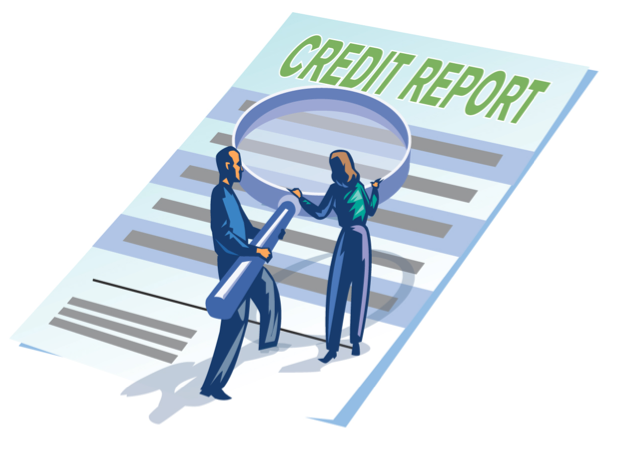We hear so much about credit scores, but do you really know what a credit score is? In brief, a credit score is a numerical way of indicating a person’s creditworthiness. This number is used by banks, employers, insurers, and other groups to approve or deny loans, specify credit limits, and more. The lower your credit rating is, the less likely you can get approved for loans, the higher your interest rate may be, and the less credit you will be given. Keeping an eye on your credit score can help you maintain your credit score, or let you know that you need to improve it.
Regardless of your credit history, it’s a smart idea for everyone to check their credit score regularly, but even more so when you are trying to repair your credit. However, you hear so much conflicting information about repairing your credit that it’s hard to know what is true and what isn’t. Ultimately, the responsibility lies on you to take charge. After all, it is your financial life. But when repairing your credit, it is wise to ask for help and get advice. Here are five rights you may not know you have when it comes to credit reports:
How can your consumer report be used?:
There are certain ways that your credit report can be used: extending credit to you, determining loan amounts, court orders such as a subpoena, employment, eligibility of getting a license, or the ability to make child support payments to name a few. However, you should note that your credit report cannot be viewed by others when it contains your medical information – unless you give your consent or is relevant to an acceptable transaction. Also, creditors cannot use your medical information on your credit report, for example, to determine your eligibility for credit.
Is your information accurate?:
If you feel that the information in your credit report is not accurate, and that information can affect your score negatively, you can challenge the information. The credit agency has 30 days to investigate the dispute free of charge, and either has to record the status of the investigation or remove the disputed details. However, you are required to provide sufficient information so that the agency can conduct the investigation. You can also ask to extend the length of the investigation. You will be notified if the information is incorrect or cannot be verified, but note that previously deleted information can be re-added to your credit report. Regardless of the outcome, you will be told when the investigation is complete and what the outcome was.
Getting a job:
Legally, you are supposed to be told when a potential employer wants to look at the current and public aspects of your credit report – except when that employer is any part of the United States government. This public information can include arrests, convictions, tax liens, outstanding judgements, and so forth. Therefore it is important to look at your credit report regularly in case something was incorrectly added that could affect your employment.
Charges for certain disclosures:
In general, you will not be charged for looking at your consumer report once during a 12 month period. You should receive your report no longer than 15 days after the date when the request is received. You can be charged for asking twice within that 12 month period if the request is made from a centralized source. There are exceptions to this, such as if you think that your report contains inaccurate information, or if you have placed a fraud alert. If you do have to pay, these charges must be reasonable. If you will be charged, you also must be told upfront what the charges are.
Identity theft:
If you have put a fraud alert on your credit report, it will remain no less than 90 days unless you explicitly ask to have it removed. You can also request extended alerts if needed. Military personnel can place a fraud alert called an active duty alert, on their file for 12 months unless they also explicitly ask to have it removed. Additionally, you can block the information in your credit report that you indicate was added because of identity theft. You will need to provide supporting documentation of this information.
To note, the points above are only highlights of what is contained in the Fair Credit Reporting Act. Ultimately, you need to educate yourself about you can and cannot do regarding your credit report. This knowledge can encourage you to become more financially savvy, and that leads to the road of financial freedom. When in doubt – ask. Make sure that you ask a trusted, reputable source. Though it may take a while, getting to know your credit report is a smart move – one that you’ll be glad you did.
Noelle is an author and contributor at Best Credit Repair Companies where she covers the legal side of credit reports and credit scores.

